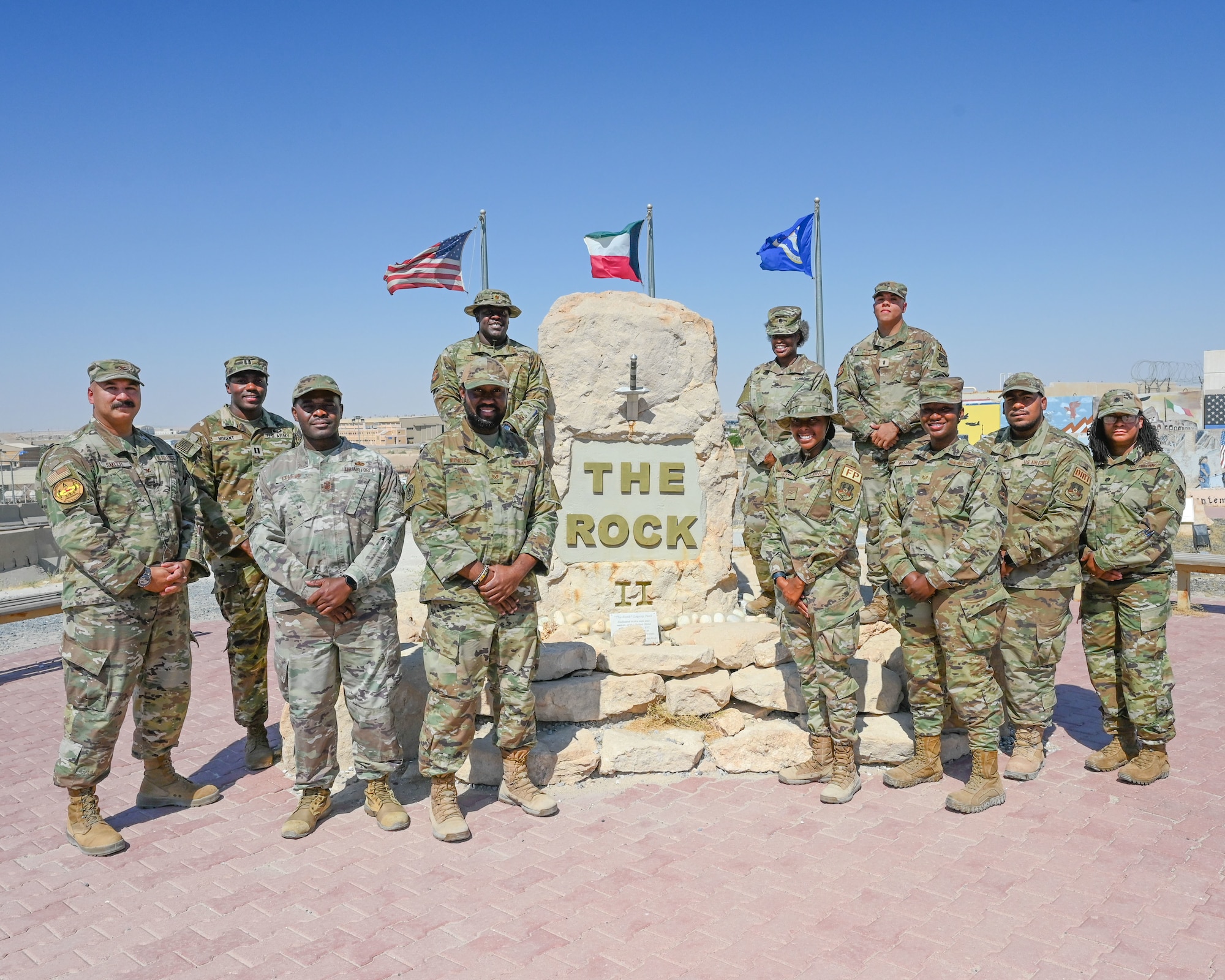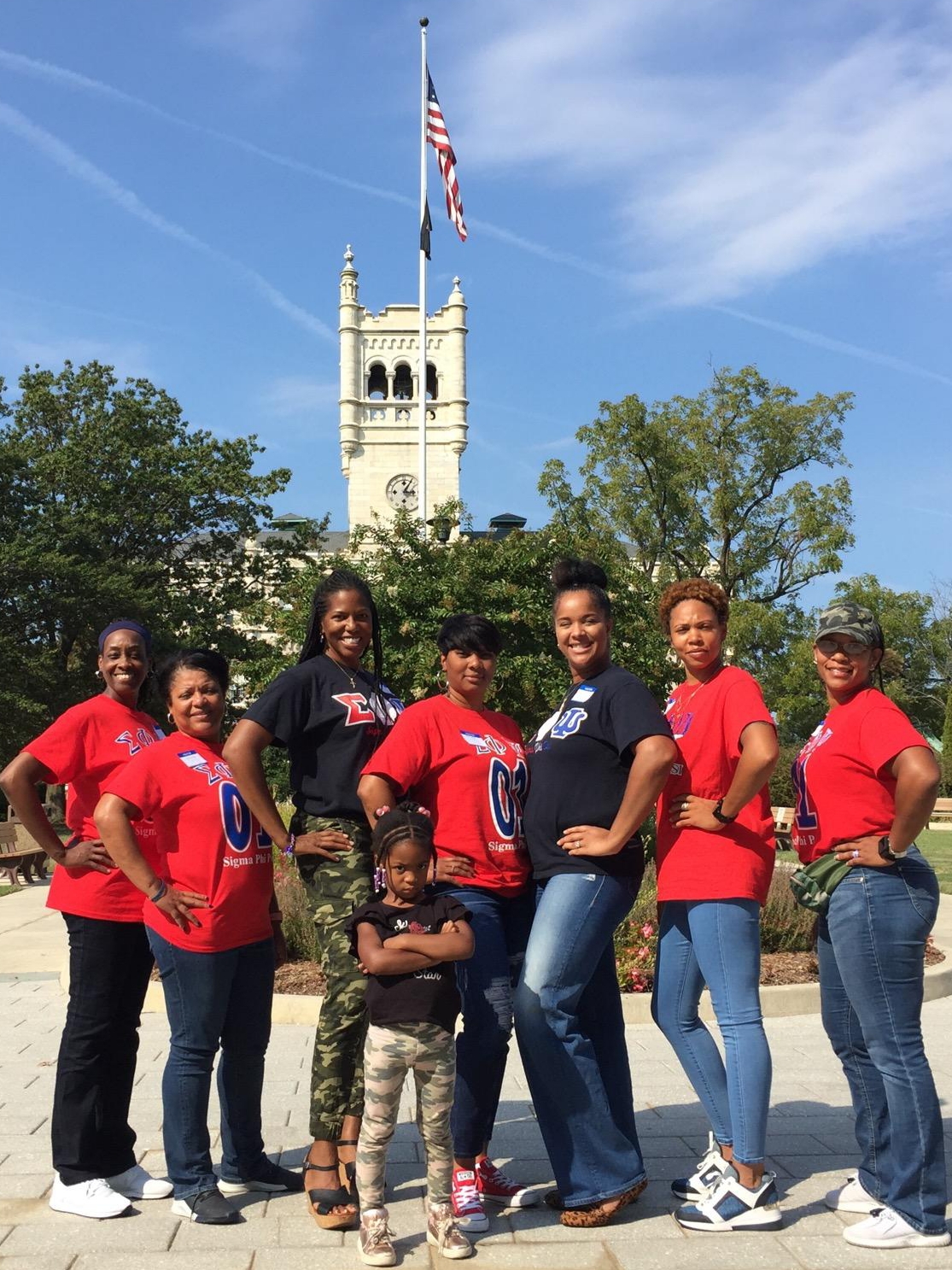Military Sororities: A Comprehensive Guide & More Details!
Ever wondered how the bonds of sisterhood extend beyond the college campus and into the rigorous world of military service? The surge in military sororities reflects a powerful movement to empower and support women within the armed forces, creating vital networks and fostering a sense of belonging often missing in traditionally male-dominated environments.
The concept of Greek life, historically associated with universities, has found a unique and meaningful adaptation within the United States military. Military sororities are emerging as crucial support systems, offering camaraderie, mentorship, and professional development opportunities to women serving in all branches the Army, Navy, Air Force, Marine Corps, and Coast Guard. These organizations provide a space for women to connect, share experiences, and address challenges specific to their roles in the military. Far from being mere social clubs, they are designed to cultivate leadership skills, promote personal growth, and advocate for the advancement of women in service. The growth in the number of such sororities points to a clear need for these kinds of support networks within the military community.
| Category | Information |
|---|---|
| Name | Military Sororities in the United States |
| Type | Professional and Social Organizations |
| Focus | Supporting women in the U.S. Armed Forces |
| Branches Represented | Army, Navy, Air Force, Marine Corps, Coast Guard |
| Estimated Number | Approximately 15 recognized sororities |
| Founding Principles | Sisterhood, service, empowerment, professional development |
| Activities | Mentorship programs, community service, leadership training, social events, advocacy |
| Examples | Alpha Gamma Xi Sorority, Inc., Kappa Epsilon Psi Military Sorority, Inc., Sigma Phi Psi Military Sorority, Inc., Delta Omicron Alpha Military Sorority, Inc., Zeta Pi Theta Sorority for Military Women Inc., Pi Mu Phi Military Sorority |
| Founding Dates | Vary by sorority (e.g., Sigma Phi Psi founded in 2000) |
| Geographic Reach | United States and international locations (where U.S. military personnel are stationed) |
| Membership | Women currently serving or veterans of the U.S. Armed Forces |
| Requirements | Vary by sorority; typically include military service, adherence to sorority values, and participation in activities |
| Purpose | To provide a supportive network, promote personal and professional growth, and advocate for women in the military. |
| Official Website | U.S. Department of Defense |
The landscape of Greek life began its transformation long before the advent of military sororities. Societies for young women, often adopting Greek and classical names, thrived in women's colleges and academies, mirroring the structure and function of fraternities. Alpha Delta Pi, originally founded as the Adelphean Society in 1851, holds the distinction of being the first fraternity for women. The term "sorority" itself emerged as a way to classify these organizations since a more fitting term didn't exist at the time. These early sororities laid the groundwork for the modern Greek system and demonstrated the enduring need for women to create their own networks and communities.
The establishment of Sigma Phi Psi Military Sorority, Inc. marks a significant milestone as the first and only military Greek-lettered sorority with congressional recognition. Founded in 2000 by eight visionary women, with Shawn Lacy at the helm, Sigma Phi Psi has pioneered a new avenue for sisterhood and support within the armed forces. The sorority's establishment underscores the growing recognition of the unique challenges and experiences faced by women in the military and the need for tailored support systems.
Kappa Epsilon Psi Military Sorority Inc., with a substantial following online, exemplifies the digital presence of these organizations. Catering exclusively to women in the military, Kappa Epsilon Psi offers a sense of community and belonging that extends beyond physical boundaries. Founded on April 4, 2011, in Pembroke Pines, Florida, it was conceived as an alternative to traditional Greek-letter organizations, specifically tailored to the needs of female service members. Kappa Epsilon Psi provides a valuable platform for networking, mentorship, and shared experiences.
Alpha Gamma Xi Sorority, Inc. embodies the core mission of empowering and supporting women, with a particular focus on women veterans. Through various initiatives, Alpha Gamma Xi strives to uplift and advocate for women who have served their country. This commitment to veterans highlights the critical role that military sororities play in assisting women as they transition from military life to civilian life, providing resources and support to navigate new challenges.
Delta Omicron Alpha Military Sorority Inc. stands as a testament to the dedication to women of the U.S. Armed Forces, encompassing those who have served in the past, those currently serving, and those who will serve in the future. This inclusive approach reflects the enduring commitment to supporting women at all stages of their military careers. Delta Omicron Alpha acts as a vital resource for women seeking camaraderie, mentorship, and professional development opportunities throughout their service.
Zeta Pi Theta Sorority for Military Women Inc. further enriches the landscape of military sororities, offering another avenue for women to connect and support one another. Like other military sororities, Zeta Pi Theta provides a space for women to share their experiences, address challenges, and celebrate their achievements in the military. These organizations contribute to a more inclusive and supportive environment for women in the armed forces.
Pi Mu Phi Military Sorority articulates a clear vision of service, focusing on veterans and the global community. The sorority is committed to promoting, educating, elevating, and empowering women to become influential voices in their respective communities and businesses. Simultaneously, Pi Mu Phi actively conceptualizes and executes its vision and mission, emphasizing the importance of both strategic planning and practical action. The sorority's dedication to empowering women in both their military and civilian lives demonstrates a comprehensive approach to support.
It's important to distinguish between fraternities and sororities. A fraternity is generally understood to be a social organization comprised solely of men, while a sorority is composed of women. This distinction is fundamental to understanding the structure and purpose of these organizations. While both fraternities and sororities provide social and professional networking opportunities, they cater to different demographics and address the specific needs of their members.
The history of fraternities also offers valuable context. The fraternity was founded by James Frank Hopkins, Greenfield Quarles, and James McIlvaine Riley shortly after Hopkins witnessed what he considered a hazing ritual by upperclassmen at the Virginia Military Institute. This founding story underscores the importance of creating positive and supportive environments within Greek life, free from harmful or abusive practices.
Kappa Lambda Chi Military Fraternity Inc. serves as a counterpart to military sororities, catering exclusively to military members of all branches. With more than 20 chapters in the continental United States and abroad, Kappa Lambda Chi provides a valuable network for men in the military. The fraternity's widespread presence demonstrates the demand for supportive communities within the armed forces, irrespective of gender.
The issue of hazing is a serious concern within Greek life, and it's important to address it directly. Although hazing is often associated with activities that take place as a prerequisite for joining a group, it can also include activities that take place as an established member. The 2011 death of fraternity brother George Desdunes serves as a tragic reminder of the potential consequences of hazing. There was at least one university hazing death in the United States each year from 1969 to 2021. These incidents underscore the need for strict anti-hazing policies and a commitment to creating safe and respectful environments within fraternities and sororities.
The growth of military sororities reflects a broader trend of increasing diversity and inclusion within the armed forces. As more women join the military and assume leadership roles, the need for supportive networks and mentorship programs becomes even more critical. Military sororities are playing a vital role in fostering a sense of belonging, empowering women to reach their full potential, and advocating for their interests within the military community.
Welcome to the national website of Sigma Phi Psi Military Sorority, Incorporated for United States Armed Forces women! This online presence serves as a central hub for information, resources, and connection for members of the sorority. The website provides a platform for sharing news, events, and opportunities, further strengthening the bonds of sisterhood within Sigma Phi Psi.
In conclusion, military sororities are a vital and growing force within the United States Armed Forces. They provide crucial support, mentorship, and professional development opportunities for women serving in all branches of the military. These organizations foster a sense of belonging, empower women to succeed, and advocate for their interests within the military community. As the role of women in the military continues to evolve, military sororities will undoubtedly play an increasingly important role in shaping a more inclusive and supportive environment for all.
There are currently 15 recognized military sororities in the United States armed forces. These organizations are present in all branches of the military, including the army, navy, air force, marine corps, and coast guard.
Article Recommendations
- Cory Booker Marriage Plans Rosario Dawson Gay Rumors Facts
- Iot Remote Access Benefits Security Management Tips



Detail Author:
- Name : Gail Witting
- Username : kessler.kristofer
- Email : elise.upton@yahoo.com
- Birthdate : 2002-11-11
- Address : 688 Holly Passage Shieldsburgh, SD 44268-7416
- Phone : +12406562645
- Company : Quigley, Torp and Shields
- Job : Punching Machine Setters
- Bio : Atque deserunt molestiae non aliquid. Atque at natus veritatis rerum. Occaecati dicta quasi molestiae sed nesciunt eum. Error nisi quisquam et blanditiis reiciendis veritatis.
Socials
facebook:
- url : https://facebook.com/devon153
- username : devon153
- bio : Et pariatur reiciendis quae et. Aperiam architecto est et et.
- followers : 4372
- following : 619
linkedin:
- url : https://linkedin.com/in/devon.crooks
- username : devon.crooks
- bio : Et voluptatibus labore eaque modi.
- followers : 5258
- following : 401